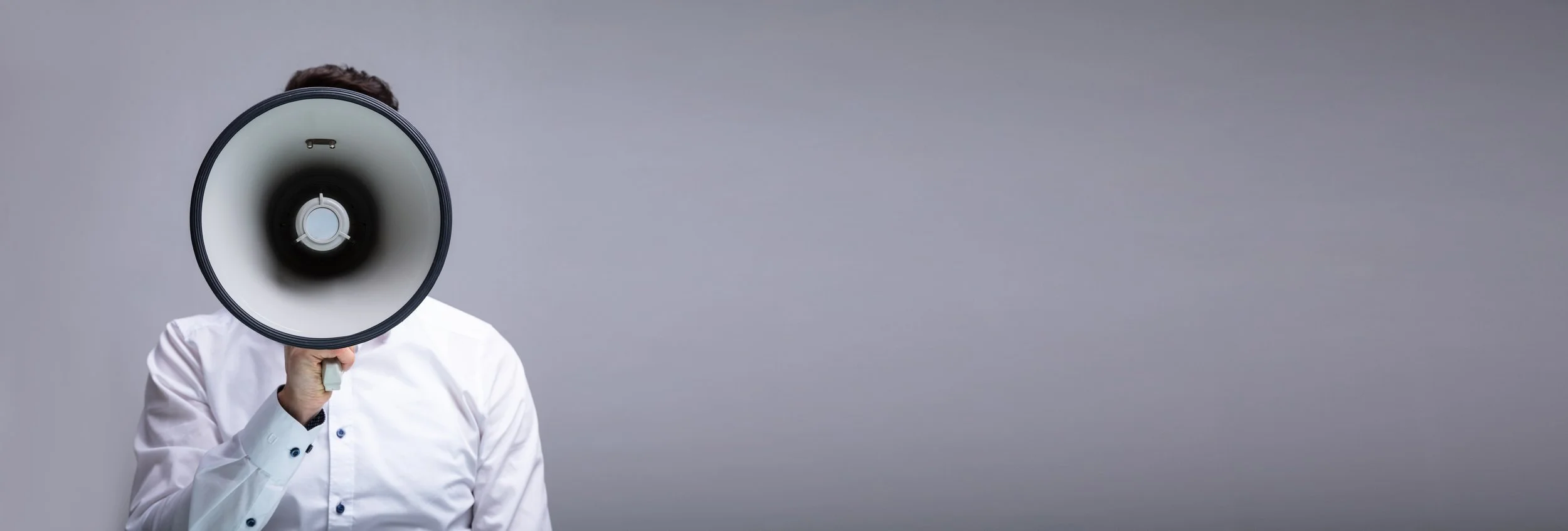My friend Derek Arden Negotiation Expert, AUTHOR, YouTuber, podcaster in the UK has a phrase that he uses on occasion: “That’s quite brilliant, isn’t it!” Whenever he says it, I feel a bit smarter...even when he's saying it about someone else! Perhaps he is on to something by commenting on ‘brilliance’, the illumined light that helps see into the shadows.
Recently I was speaking to a group of physician leaders and I commented on being a “responsive” leader. David Dull came up with a better word, “How about ‘responding’ leader?” His contribution made me think. 'Responsive' describes, whereas 'responding' is an action. Nice! Brilliant, actually! If we look for it perhaps, we too can see it. Quite brilliant, yes?




















